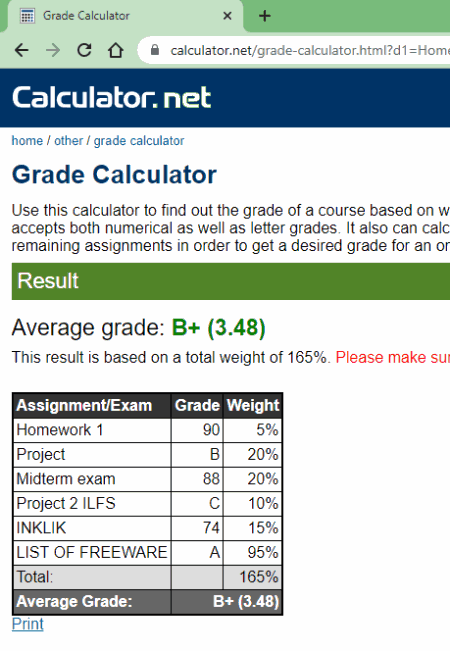Embarking on a career in behavior analysis offers a fulfilling journey, where you can make a difference in individuals’ lives through evidence-based interventions. If you’re navigating your way to certification or supervision, understanding the road ahead is crucial. Here’s a detailed guide to the processes, resources, and costs involved in behavior analysis certification, especially focused on Rbt exam study guide, bcba study guide, and supervision aspects.
Understanding the Credentials: RBT, BCaBA, and BCBA
Professionals in behavior analysis often aim for different levels of certification, each with distinct requirements and roles:
- Registered Behavior Technician (RBT): This entry-level certification requires individuals to complete an RBT 40hr course, followed by an official exam.
- Board Certified Assistant Behavior Analyst (BCaBA): The BCaBA role requires a formal educational background and a firm understanding of the task list bacb.
- Board Certified Behavior Analyst (BCBA): As the most advanced level, this certification focuses on comprehensive behavior analysis competencies detailed in the bcba task list 6th edition.
Comprehensive Guides for Aspiring Analysts
Successfully navigating these certifications requires targeted study and supervision:
Study Guides and Manuals
Resources such as the bcba study guide and BcBA manual book are essential for exam preparation. They cover key competencies and provide a structured approach to mastering the necessary skills.
Certification Costs to Consider
Pursuing certification involves financial planning:
- RBT Certification Cost: Beyond the study materials, the RBT certification incurs exam and application fees.
- BCBA Certification Cost: Includes application fees, exam fees, and additional costs for maintaining certification.
Role of Supervision in Certification
Effective supervision is crucial for both preparation and professional growth:
Supervision for BCaBA and BCBA
Securing proper supervision for BCBA and BCaBA candidates involves working with a knowledgeable behavior analyst supervisor. This mentorship ensures hands-on experience and adherence to ABA standards.
Flexible Supervision Options
In today’s digital age, remote BCBA supervision offers a flexible alternative to traditional in-person meetings. This form of oversight can effectively accommodate busy schedules and geographical constraints.
For more resources, you can explore the rbt study guide.
FAQs on BCBA and RBT Certification
- What are the core differences between BCaBA and BCBA certifications?
BCBA requires more extensive coursework and higher-level responsibilities than BCaBA. - How can one effectively prepare for these exams?
Utilizing a BCBA study guide and structured preparation course can significantly enhance exam readiness. - Is remote supervision as effective as in-person?
Yes, remote BCBA supervision is designed to offer the same level of efficacy as traditional supervision, with added flexibility.
By understanding the pathways, investing in appropriate study materials, and securing dedicated supervision, budding behavior analysts can achieve certification and contribute meaningfully to the field of behavior analysis.



